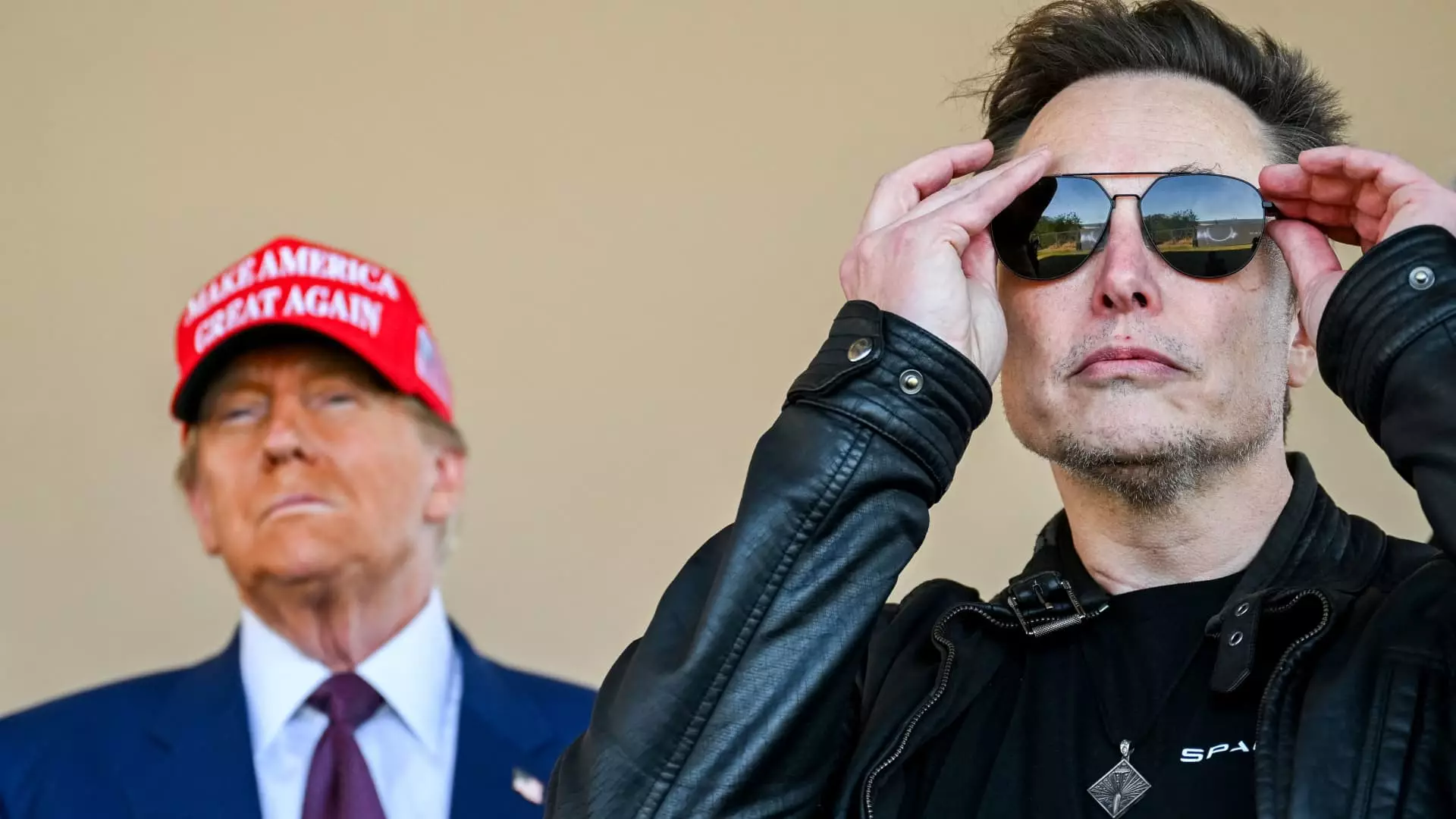On December 5, a significant meeting is set to take place on Capitol Hill, featuring prominent entrepreneurs Elon Musk and Vivek Ramaswamy. Discussed by House Speaker Mike Johnson, their collaboration with Republican leaders underscores a potential shift towards innovative governmental overhaul. Spearheaded by President-elect Donald Trump, Musk and Ramaswamy’s new initiative—the Department of Government Efficiency (DOGE)—aims to challenge the conventional bureaucratic model that characterizes the federal landscape.
Musk and Ramaswamy have articulated ambitious objectives for DOGE, primarily centered on reducing government expenditure and transforming how federal agencies operate. Their proposals include radical changes such as significant workforce reductions and the outright elimination of several federal agencies deemed unnecessary. Furthermore, they have expressed intentions to halt funding for various organizations, including public broadcasting and Planned Parenthood, as articulated in a recent op-ed in the Wall Street Journal.
While the appeal of a streamlined government resonates with advocates for reduced spending and increased efficiency, it raises questions about the broader implications of such cuts on public services. The ambitious agenda they propose begs the question: to what extent can essential services be preserved while pursuing aggressive austerity measures?
Despite the enthusiasm surrounding the meeting, the viability of these proposals remains uncertain. Achieving legislative change requires more than passion; it demands intricate negotiation and multifaceted strategy. The narrow Republican majority in the House presents additional hurdles, particularly when discussing proposals that may displace federal employees or deprive certain districts of jobs—a likely point of contention for representatives whose districts are impacted.
The proposals to cut funding and eliminate agencies will need to navigate through a Congress that houses vested interests in maintaining federal positions. As the implications of such changes become more apparent, lawmakers may find themselves torn between ideological commitments to smaller government and the practical realities of representing constituents who rely on federal jobs and funding streams.
Musk and Ramaswamy’s initiative has the potential to forge a new path for government efficiency, but it remains imperative to consider public sentiment about drastic changes to governmental structure. While some citizens may welcome efforts to curb oversight agencies, others might fear the ramifications—particularly regarding consumer protections and public welfare.
As we move closer to the meeting date, it will be essential to monitor broader public discourse and the responses from various stakeholder groups. The outcome of this initiative could have lasting ramifications not only for the Trump administration but for the role of government in American society as a whole.
While Musk and Ramaswamy’s vision for a more efficient government could attract support among a certain segment of the populace, the realities of legislative governance, public service reliance, and the inherent complexity of reform cannot be overlooked. The coming weeks will be crucial in determining how these bold ideas translate into actionable policies—and whether consensus will be found on the path ahead.



Leave a Reply